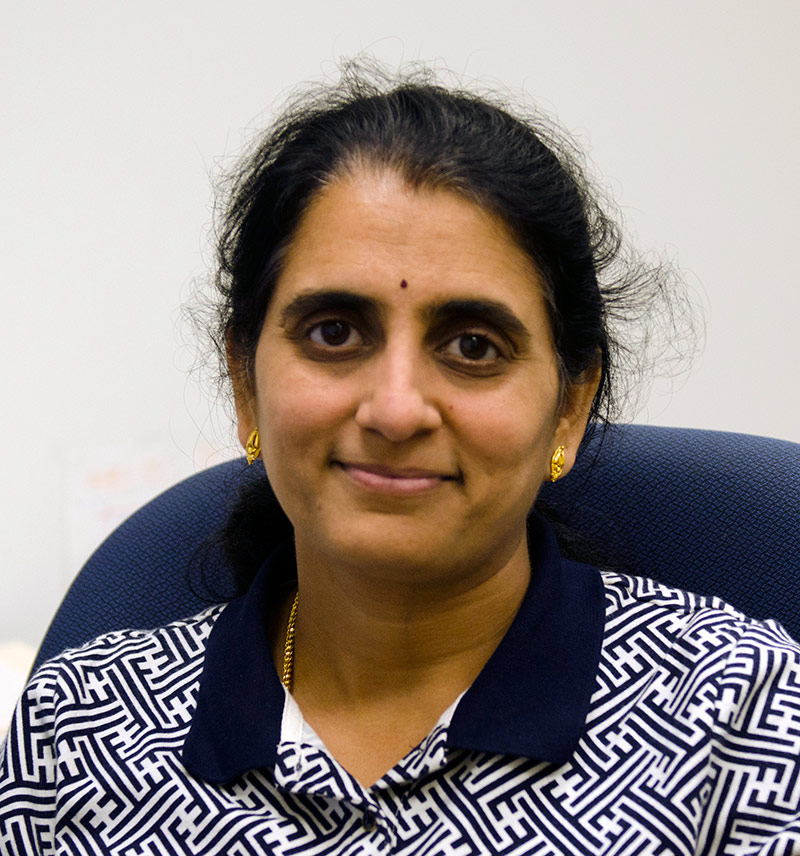Get started with Mizzou
Apply hereOverview
The online graduate certificate in life science innovation and entrepreneurship from MU will help you translate biomedical research into health-related and economic benefits. If you want to help bring new discoveries into the marketplace, this may be the certificate for you.
A certificate in life science innovation and entrepreneurship at the University of Missouri will broaden the training of graduate and professional students from the fields of business, engineering and medicine, among others. As a collaboration among MU’s Trulaske College of Business, College of Engineering and School of Medicine, the program will prepare participants for a wider range of employment opportunities and provide core skills for entrepreneurial endeavors. This graduate certificate program focuses on biomedical innovation with core topics that include identifying clinical needs, designing a solution (drug or device), commercializing and regulatory issues in clinical research.
Through an interdisciplinary approach, the program will teach graduate and professional students how to translate life science discoveries into products and services that will improve health.
Program objectives:
- Apply knowledge of terms, trends, issues and culture in the life sciences industry to real-world contexts.
- Analyze the design process of drug and device solutions to identify strengths and weaknesses in current methodologies.
- Analyze various commercialization strategies to determine the most effective approach to commercialize lab discoveries into products.
- Apply ethical, scientific and regulatory standards to manage clinical research and trials effectively.
You can also pursue the certificate on campus, offered by the Office of Medical Research, Biomedical Innovation Unit. Please visit the life science innovation and entrepreneurship graduate certificate program website for more information.
Financial aid
Students may receive several types of financial aid, including loans, grants and scholarships.
The Mizzou Student Financial Aid Office can provide further information and assist you with federal aid and upcoming scholarship deadlines.
Quick facts
Official name
Graduate Certificate in Life Science Innovation and EntrepreneurshipCampus
Program type
Graduate certificateAcademic home
School of MedicineDelivery mode
100% onlineAccreditation
Higher Learning CommissionCredit hours
12Estimated cost
$7,078.80*This cost is for illustrative purposes only. Your hours and costs will differ, depending on your transfer hours, your course choices and your academic progress. See more about tuition and financial aid.

Career prospects
Career opportunities include key positions in
- Academic institutions
- Federal agencies
- Health care organizations
- Pharmaceutical companies
- Research organizations/institutes
- Small business centers
Program structure
Delivery of this program is 100 percent online: no campus visits are required.
Courses are semester-based. You may complete the certificate in one year by taking two courses per semester in an asynchronous fashion.
Coursework includes
- Commercial viability
- Life science methods and research tools
- Market assessment and competitive landscape
- Patents and intellectual property basics
- Terms, trends, issues and industry culture
Delivery
100% onlineCalendar system
Semester-basedTypical program length
1 yearTypical course load
2 classes per semesterAccreditation
The University of Missouri is accredited by the Higher Learning Commission, one of six regional institutional accreditors in the United States.
Faculty spotlight

Anandhi Upendran is the program director for the Biomedical Entrepreneurship Training for Aging program funded by the National Institute on Aging and the National Institutes of Health. Its goal is to impart skills required for the scientific workforce for biomedical product development and enable interaction with cross-sector landscapes in modern academic institutions. Dr. Upendran also leads the life science innovation and entrepreneurship graduate certificate program. Her expertise helps develop and lead educational and training programs in biomedical innovation for undergraduate and graduate students and other professionals. Currently, her research program is focused on developing preclinical animal models for evaluating drugs and RNA interference therapy using nanoparticles. She also conducts clinical research and trials to validate biomarkers, diagnostic agents and sensor devices developed in the laboratory.
